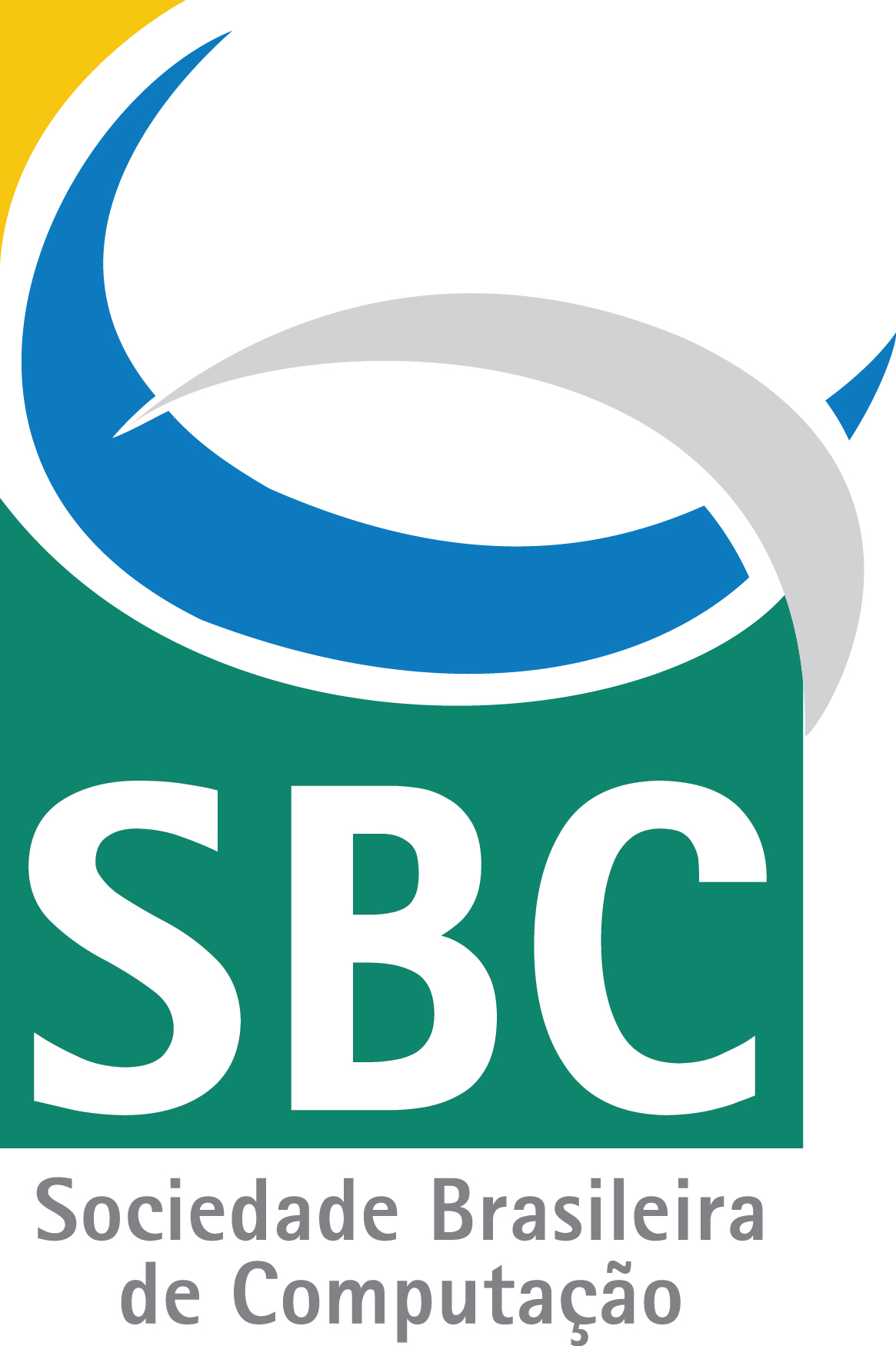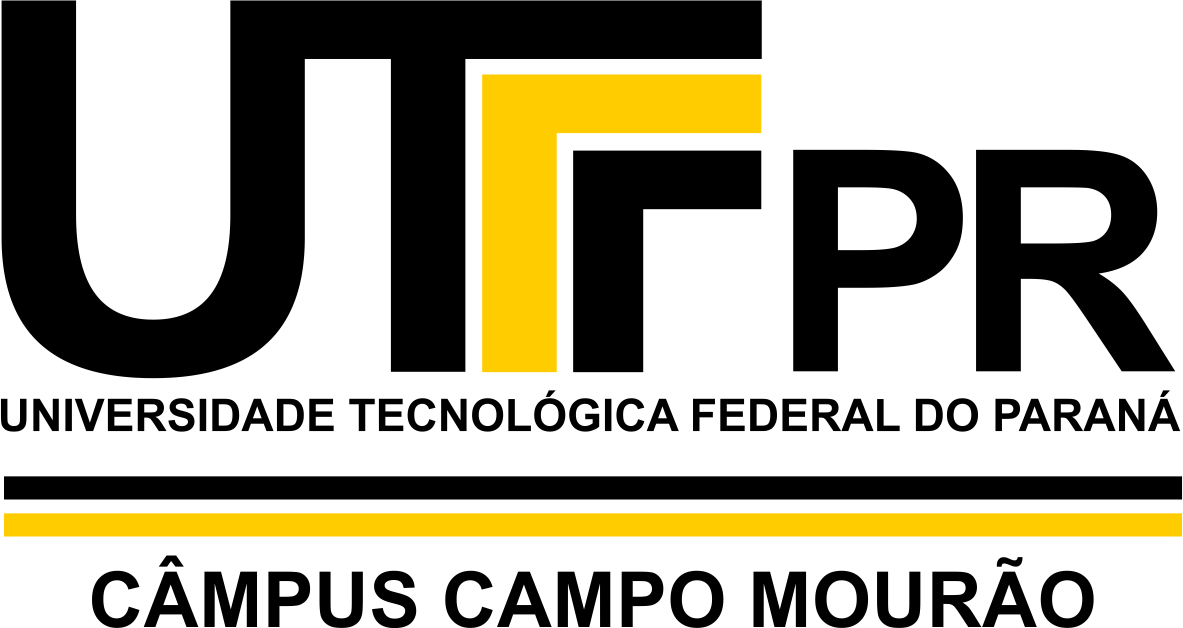10th Brazilian Symposium on Software Components, Architectures, and Reuse (SBCARS 2016)
Maringá, Paraná, Brazil
September 19-23, 2016
IMPORTANT DATES
Paper registration/abstract submission: Jun 24, 2016 Jul 1, 2016
Paper submission: Jul 1, 2016
Grace period for updates: Jul 6, 2016, 11:59am (UTC−3 - Brasilia Time)
Author notification: Aug 1, 2016
Camera-ready version: Aug 8, 2016
Conference: Sep 19-20, 2016
PRESENTATION
The Brazilian Symposium on Software Components, Architectures, and Reuse (SBCARS) is promoted by the Brazilian Computer Society (SBC) and attracts researchers, students, and practitioners interested in a broad range of software engineering topics, including software product lines, component-based development, SOA, architectures, and reuse. Previous editions of the symposium offered a strong technical program, keynote talks, and tutorials regarding state-of-art topics. SBCARS 2016 intends to continue this tradition.
We are looking for high-quality submissions for SBCARS 2016, and invites authors to contribute with technical papers related (but not limited) to the following topics:
- Agile software architecture and design
- Aspect-oriented software development and software modularity
- Component-based software engineering
- Design patterns
- Domain analysis and engineering
- Generative programming and domain-specific languages
- Mining software repositories
- Model-driven engineering
- Program transformation and refactoring
- Reuse and variability in Open Source Software
- Service-oriented architectures (SOA) and service-based development
- Software analysis, comprehension, and reconstruction
- Software architecture (architecture recovery, architecture description languages, architecture evaluation, reverse architecting, etc.)
- Software evolution
- Software metrics
- Software product lines
- Software reuse (including technical and non-technical issues)
- Variability management
We are also interested in experimental studies (controlled experiments, case studies, systematic reviews), experience reports, theoretical contributions, education-related papers, tools, and methods related to all of the above topics.
VENUE
SBCARS 2016 is a part of the 7th Brazilian Conference on Software: Theory and Practice (CBSoft 2016), which also hosts three other Brazilian symposia:
30th Brazilian Symposium on Software Engineering (SBES 2016)
20th Brazilian Symposium on Programming Languages (SBLP 2016)
1st Brazilian Symposium on Systematic and Automated Testing (SAST 2016)
CBSoft and SBCARS 2016 will take place in Maringá, in the state of Paraná, Brazil. With planned and modernist urban design, Maringá currently has 380,000 inhabitants. The city takes its name from a song by Joubert de Carvalho in honor of his great love, Maria do Ingá, thus the city is known as the Song City. The city is situated in the southern Brazilian and crossed by the Tropic of Capricorn. All year you can see their tree-lined streets that produce fresh air, but especially during spring, many trees burst into flower. Maringá is considered one of the greenest cities in the world, with 90 acres of native forest on 17 preserved area found within its urban boundaries.
PAPER SUBMISSION
Submitted papers can be written in Portuguese or English. Papers written in Portuguese need to be submitted with the title, abstract, and keywords written in English. Submissions in English are strongly encouraged since the symposium proceedings will be submitted to IEEE Xplore, CSDL, and other indexing services. Papers submitted to SBCARS 2016 must not have been simultaneously submitted to any other forum (conference or journal), nor should they have already been published elsewhere. At least 1 author of each accepted paper must register for the conference and present the paper in person during the event or the paper will not be included in the proceedings.
It is strongly encouraged that authors check papers from previous editions of SBCARS in order to reference related work whenever it is applicable. This might motivate and improve discussions between researchers working in the same area during the symposium. SBCARS' papers published in previous editions are available at the following URLs:
http://www.lbd.dcc.ufmg.br/bdbcomp/servlet/PesquisaEvento?evento=sbcars
http://dblp1.uni-trier.de/db/conf/sbcars/index.html
Submitted papers will be reviewed by at least three referees, based on its originality, relevance, technical soundness, and clarity of presentation. Papers must be no longer than 10 pages, including figures, tables, and references. Submissions must be sent in the Adobe Portable Document Format (PDF) format and must follow Conference Publishing Services (CPS)'s two-column conference format.
Templates can be found at:
http://www.ieee.org/conferences_events/conferences/publishing/templates.html
(Please use only A4 page size format)
Papers should be submitted electronically through EasyChair at
https://www.easychair.org/conferences/?conf=sbcars2016
BEST PAPERS AND SPECIAL ISSUE
SBCARS organizers will award the Best Papers prize of the symposium, which will be announced during the event. The authors of best papers will be invited to submit an extended version to a special issue of the JBCS - Journal of the Brazilian Computer Society (http://www.springer.com/computer/journal/13173).
PROGRAM CHAIR
Marco Aurélio Gerosa (USP) – gerosa@ime.usp.br
PROCEEDINGS CHAIR
Igor Fabio Steimacher (UTFPR) - igorfs@utfpr.edu.br
STEERING COMMITTEE
Rohit Gheyi (UFCG)
Marcelo Fantinato (USP)
Marco Aurelio Gerosa (USP)
Uira Kulesza (UFRN)
Vander Alves (UnB)
PROGRAM COMMITTEE
Alexandre Alvaro, Federal University of Sao Carlos (UFSCar)
Aline Vasconcelos, Federal Institute Fluminense (IFFluminense)
Arndt von Staa, Pontifical Catholic University of Rio de Janeiro (PUC-Rio)
Camila Nunes, GE Global Research Center, Brazil
Cecilia Rubira, State University of Campinas (Unicamp)
Christina Chavez, Federal University of Bahia (UFBA)
Christoph Treude, University of Adelaide, Australia
Claudia Werner, Federal University of Rio de Janeiro (UFRJ)
Claudio Santanna, Federal University of Bahia (UFBA)
Dalton Serey, Federal University of Campina Grande (UFCG)
Daniel Lucredio, Federal University of Sao Carlos (UFSCar)
Edson Oliveira Jr., State University of Maringa (UEM)
Eduardo Almeida, Federal University of Bahia (UFBA)
Eduardo Figueiredo, Federal University of Minas Gerais (UFMG)
Eduardo Guerra, National Institute of Space Research (INPE)
Elder Cirilo, Federal University of Sao Joao del-Rei (UFJS)
Elisa Yumi Nakagawa, University of Sao Paulo (ICMC/USP)
Fernando Castor, Federal University of Pernambuco (UFPE)
Flavia Delicato, Federal University of Rio de Janeiro (UFRJ)
Flávio Medeiros, Federal Institute of Alagoas (IFAL)
Flavio Oquendo, University of South Brittany (IRISA), France
Franklin Ramalho, Federal University of Campina Grande (UFCG)
Genaina Rodrigues, University of Brasilia (UnB)
Gledson Elias, Federal University of Paraiba (UFPB)
Guilherme Travassos, Federal University of Rio de Janeiro (UFRJ)
Gustavo Henrique Lima Pinto, Federal Institute of Pará (IFPA)
Igor Steinmacher (Federal University of Technology, UTFPR)
Igor Wiese (Federal University of Technology, UTFPR)
Itana M. S. Gimenes, State University of Maringa (UEM)
Ivan Machado, Federal University of Bahia (UFBA)
J. Andres Diaz-Pace, ISISTAN Research Institute, UNICEN University, Argentina
José Maria David, Federal University of Juiz de Fora (UFJF)
Kiev Gama, Federal University of Pernambuco (UFPE)
Leonardo Murta, Fluminense Federal University (UFF)
Leopoldo Teixeira, Federal University of Pernambuco (UFPE)
Lidia Fuentes, University of Malaga, Spain
Lucineia Heloisa Thom, Federal University of Rio Grande do Sul (UFRGS)
Luís Soares Barbosa, Universidade do Minho, Portugal
Marcelo Fantinato, University of Sao Paulo (USP)
Marcelo Maia, Federal University of Uberlandia (UFU)
Marcelo Medeiros Eler, University of Sao Paulo (USP)
Marcilio Mendonca, Amazon, Canada
Marcio Ribeiro, Federal University of Alagoas (UFAL)
Marco Gerosa, University of Sao Paulo (USP)
Marco Tulio Valente, Federal University of Minas Gerais (UFMG)
Martin Becker, Fraunhofer IESE, Germany
Maurice H. ter Beek, ISTI-CNR, Pisa, Italy
Nabor Mendonça, University of Fortaleza (UNIFOR)
Nelio Cacho, Federal University of Rio Grande do Norte (UFRN)
Nelson Rosa, Federal University of Pernambuco (UFPE)
Patricia Machado, Federal University of Campina Grande (UFCG)
Paulo Borba, Federal University of Pernambuco (UFPE)
Paulo Pires, Federal University of Rio de Janeiro (UFRJ)
Raphael Pereira de Oliveira, Federal University of Bahia (UFBA)
Regina Braga, Federal University of Juiz de Fora (UFJF)
Ricardo Terra, Federal University of Lavras (UFLA)
Rita Maciel, Federal University of Bahia (UFBA)
Roberta Coelho, Federal University of Rio Grande do Norte (UFRN)
Roberto Bittencourt, State University of Feira de Santana (UEFS)
Rodrigo Bonifacio, University of Brasilia (UnB)
Rohit Gheyi, Federal University of Campina Grande (UFCG)
Rosana Braga, University of Sao Paulo (ICMC/USP)
Sebastian Goetz, Technische Universitaet Dresden, Germany
Silvia Abrahao, Universitat Politecnica de Valencia, Spain
Thaís Vasconcelos Batista, Federal University of Rio Grande do Norte (UFRN)
Toacy Cavalcante de Oliveira, Federal University of Rio de Janeiro (UFRJ)
Uira Kulesza, Federal University of Rio Grande do Norte (UFRN)
Vander Alves, University of Brasilia (UnB)
Vinicius Garcia, Federal University of Pernambuco (UFPE)
CONTACT
For more information, please refer to the conference website (http://cbsoft.org/cbsoft2016) or contact Prof. Marco Aurelio Gerosa (gerosa@ime.usp.br), program chair.



